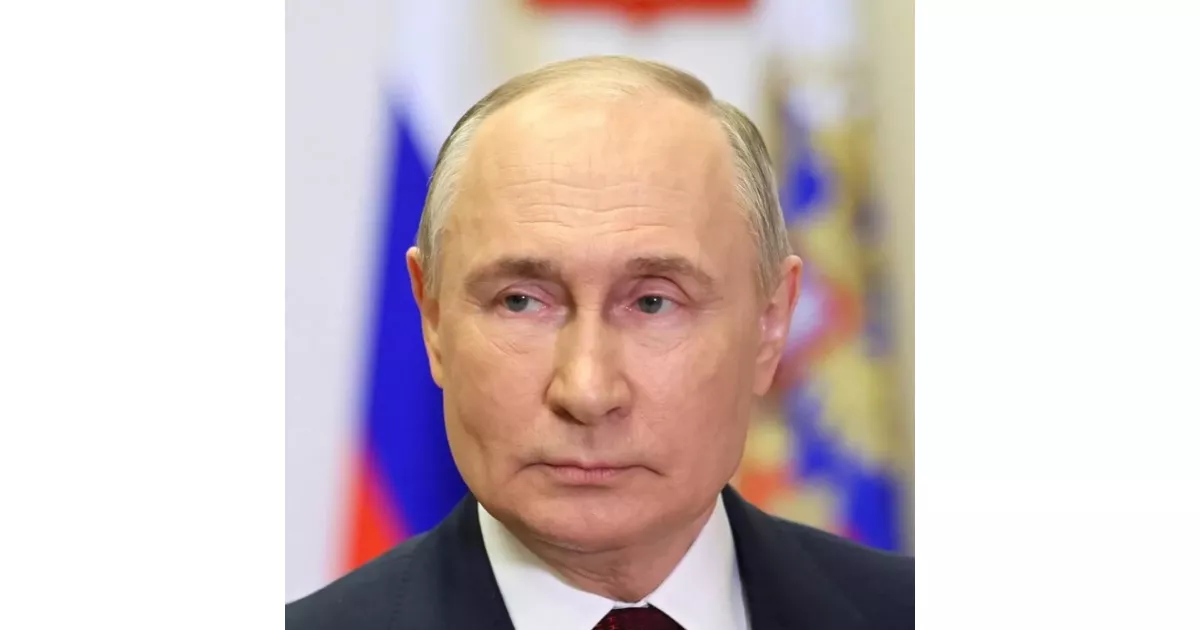An overview of the childhood and early education of Vladimir Putin, highlighting the experiences that shaped the journey.
Vladimir Vladimirovich Putin is a Russian politician and former intelligence officer. He has served as President of Russia since 2012, and previously from 2000 to 2008. He was also Prime Minister of Russia from 1999 to 2000 and again from 2008 to 2012. Often described as the de facto leader of Russia since 2000, Putin's long tenure has significantly shaped the country's political landscape and international relations.
July 1983: Putin married Lyudmila Shkrebneva
On 28 July 1983, Putin married Lyudmila Shkrebneva.
April 1985: Birth of Maria Putina
On 28 April 1985, Maria Putina, Vladimir Putin's daughter, was born in Leningrad (now Saint Petersburg).
August 1986: Birth of Yekaterina Putina
On 31 August 1986, Yekaterina Putina, Vladimir Putin's daughter, was born in Dresden, East Germany (now Germany).
1990: Paris Charter summit
In 1990 the Paris Charter summit convened governments, the U.S., and the Soviet Union as Communism crumbled across Eastern Europe.
1993: Putin's wife involved in a serious car crash
In 1993, Vladimir Putin's wife was involved in a serious car crash, which Putin stated contributed to his religious awakening.
August 1996: Fire burns down Putin's dacha
In August 1996, a life-threatening fire burned down Vladimir Putin's dacha, which he stated contributed to his religious awakening.
1996: Putin rebuilds dacha and creates Ozero cooperative
In 1996, after his dacha burned down, Putin built a new one identical to the original. He and a group of seven friends formally registered their fraternity as a cooperative society called Ozero, turning it into a gated community.
March 2003: Birth of Elizaveta
Elizaveta, also known as Luiza Rozova, was born in March 2003.
2006: Incident of Putin kissing a boy's stomach
In 2006, Putin lifted the shirt of a boy to kiss his stomach without permission. Tatiana Mikhailova opines that virility is an aspect of the image of the Father of the Nation, which Putin wants to create.
2006: Putin's reported income
Putin's reported 2006 income totaled 2 million rubles (approximately $152,000).
2007: Komsomolskaya Pravda publishes shirtless photo of Putin
In 2007, Komsomolskaya Pravda published a large photograph of a shirtless Putin on vacation in Siberia with the headline "Be Like Putin", as part of cultivating a tough guy image.
2007: Putin's remarks on his religious beliefs
In 2007, when asked if he believes in God, Vladimir Putin stated that he would not share his beliefs with the public as it would be seen as self-advertising.
2007: Official figures released during the legislative election
Official figures released during the legislative election of 2007 put Putin's wealth at approximately 3.7 million rubles (US$280,000) in bank accounts, a private apartment in Saint Petersburg, and miscellaneous other assets.
April 2008: Moskovsky Korrespondent reports Putin's divorce and engagement
In April 2008, the Moskovsky Korrespondent reported that Putin had divorced Lyudmila and was engaged to marry Alina Kabaeva. The story was denied, and the newspaper was shut down shortly thereafter.
2009: Putin gifts watches
In 2009, Putin gave a watch identified as a Blancpain to a Siberian boy he met while on vacation, and another similar watch to a factory worker.
August 2012: Critics list Putin's numerous residences
In August 2012, critics of Putin listed the ownership of 20 villas and palaces, nine of which were built during Putin's 12 years in power.
2012: Birth of Putin's grandson through Maria
In 2012, Putin had a grandson born through his daughter Maria.
2012: Putin's reported income
In 2012, Putin reported an income of 3.6 million rubles ($270,000).
June 2013: Putin and Lyudmila announce their marriage is over
On 6 June 2013, Putin and Lyudmila announced that their marriage was over.
April 2014: Kremlin confirms Putin's divorce
On 1 April 2014, the Kremlin confirmed that Putin's divorce had been finalised.
2014: Death of Putin's dog Konni
In 2014, Konni, one of the five dogs received by Vladimir Putin from various national leaders, died.
2017: Birth of Putin's grandson and granddaughter
In 2017, Putin had a grandson through Maria and a granddaughter through Katerina.
2018: Allegation of sensory room in Putin's residence
In 2018, the Russian political magazine Sobesednik alleged that Vladimir Putin had a sensory room installed in his private residence in the Novgorod Oblast.
November 2021: Burns observed Putin personally
In November 2021, William Burns, who had previously been U.S. ambassador to Russia, had a personal meeting and observed Putin personally.
April 2022: Speculation about Putin having Parkinson's disease
In April 2022, The Sun reported, based on video footage, that Vladimir Putin might have Parkinson's disease. This speculation, not supported by medical professionals, has spread in part due to Russia's invasion of Ukraine.
July 2022: CIA Director states there's no evidence of Putin's instability or bad health
In July 2022, the director of the U.S. Central Intelligence Agency, William Burns, stated that they had no evidence to suggest Vladimir Putin was unstable or in bad health. This statement was made because of increasing unconfirmed media speculation about Putin's health.
August 2024: Putin Pardons Gershkovich and Others in Prisoner Swap
In August 2024, Vladimir Putin pardoned American journalist Evan Gershkovich, along with opposition figures Vladimir Kara-Murza and Ilya Yashin, among others, in a prisoner swap with Western countries. This 2024 Ankara prisoner exchange was the most extensive between Russia and the United States since the end of the Cold War, involving the release of 26 people.
May 2025: Putin Attends Victory Day Parade with Foreign Leaders
In May 2025, Vladimir Putin attended the Victory Day parade in Moscow alongside Chinese President Xi Jinping, Brazilian President Lula da Silva, and other foreign leaders.
Mentioned in this timeline

Donald John Trump is an American politician media personality and...
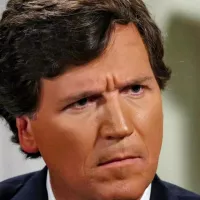
Tucker Carlson is an American right-wing political activist and commentator...
Ukraine is a country in Eastern Europe the second-largest on...

Hillary Diane Rodham Clinton is a prominent American politician lawyer...

George W Bush the rd U S President - is...
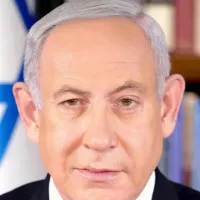
Benjamin Bibi Netanyahu is a prominent Israeli politician and diplomat...
Trending
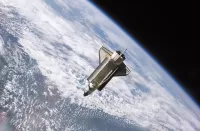
9 minutes ago Space Force Upgrades, Battle Management, and Role in Raids Spark Resource Push
9 minutes ago Kootenai County Deputies and Firefighter Honored with Medals of Honor for Bravery
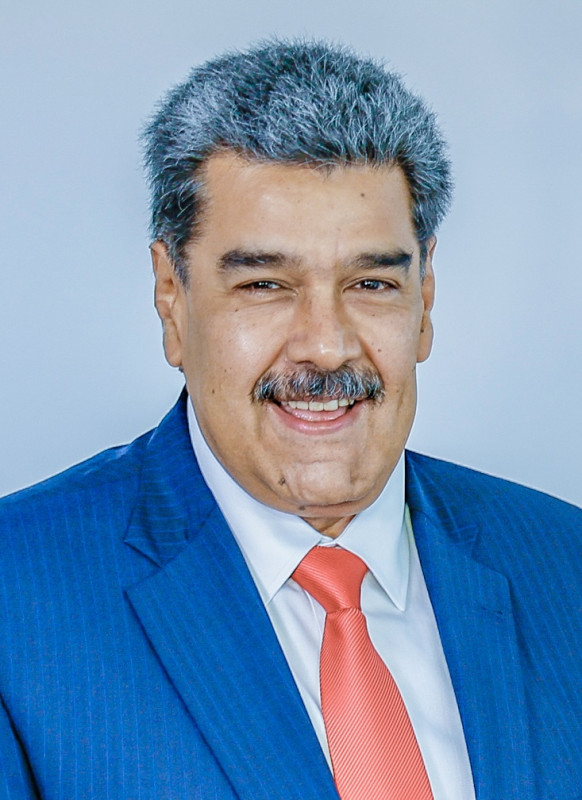
9 minutes ago Venezuela's history, US aggression, and Trump's oil interests fuel ongoing tensions with Nicolás Maduro.
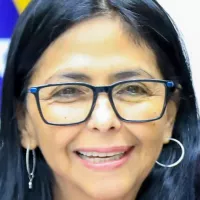
Delcy Elo na Rodr guez G mez is a Venezuelan lawyer diplomat and politician currently serving as the acting president...
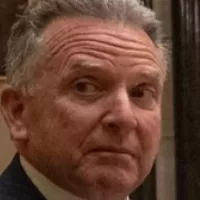
10 minutes ago Witkoff discusses Iran's nuclear program and Trump's approach amidst ongoing protests.
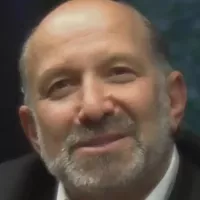
1 hour ago Howard Lutnick Faces Scrutiny Over Epstein Ties; College Library Name in Question.
Popular

Jesse Jackson is an American civil rights activist politician and...

Susan Rice is an American diplomat and public official prominent...

Barack Obama the th U S President - was the...

Michael Joseph Jackson the King of Pop was a highly...

Bernie Sanders is a prominent American politician currently serving as...

XXXTentacion born Jahseh Dwayne Ricardo Onfroy was a controversial yet...
